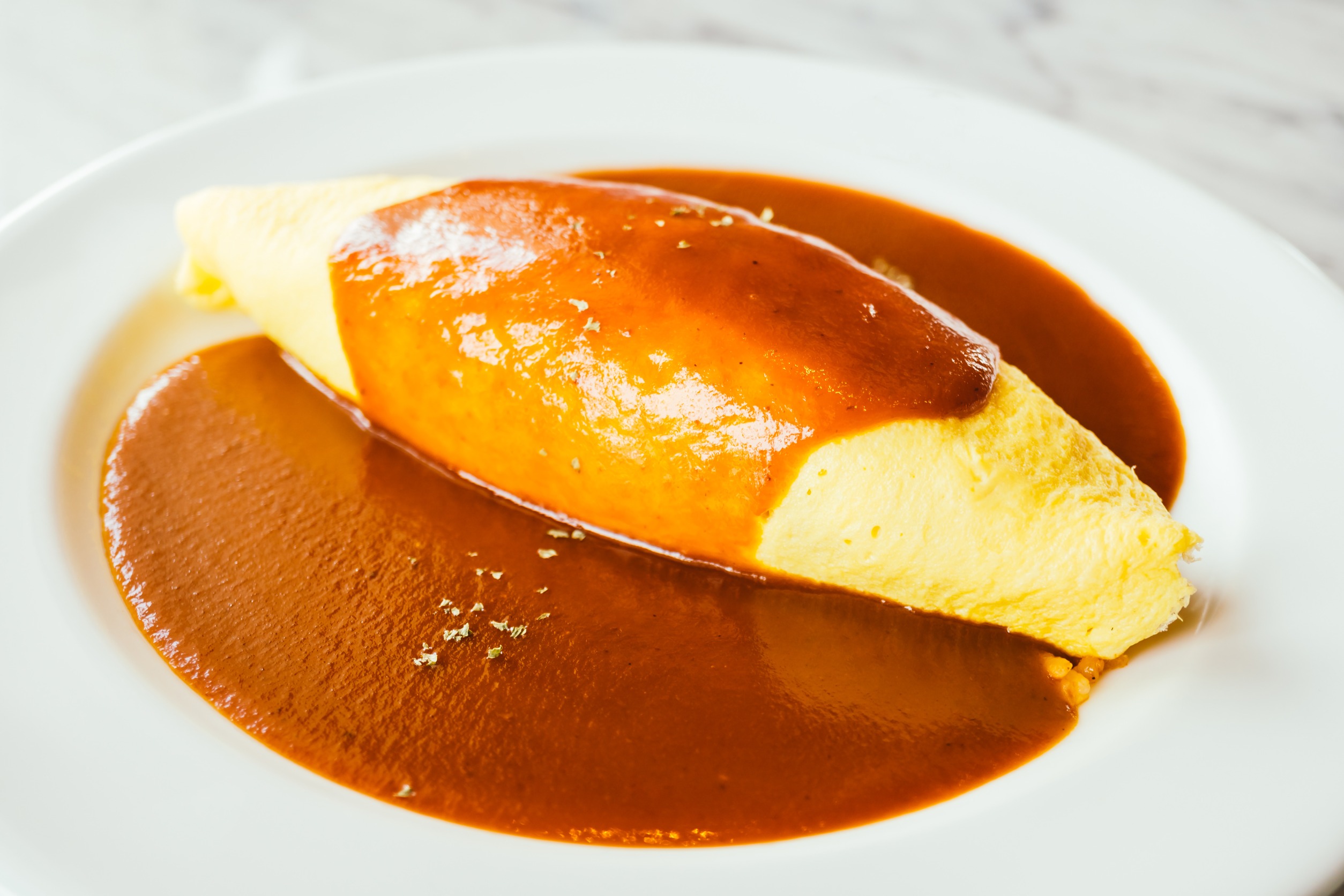Shohei Ohtani’s Diet

Shohei Ohtani’s Diet
What Does Shohei Ohtani Eat?”
In the world of professional baseball, where athletes need more than just physical prowess and technical skills, the question often arises: “What does Shohei Ohtani eat?” Shohei Ohtani’s diet is a compelling example of the significant role that nutrition plays in these athletes’ performance. This Major League Baseball dual-threat superstar has become synonymous with a unique nutritional philosophy. Instead of relying solely on a nutritionist for dietary advice and meal planning like most of his contemporaries, Ohtani takes a proactive approach, conducting his own research and crafting a nutritional regimen specifically tailored to his needs.
The High-Protein Regimen
Ohtani has found that he requires a staggering 60 grams of protein at each meal to maintain and improve his physical condition. To put this in context, the average person needs around 60 grams of protein spread across three meals per day. This means Ohtani’s protein intake at one meal is what an ordinary person would consume in an entire day.
To achieve this, he incorporates diverse protein sources such as thigh meat, fillet meat, or white meat from chicken, and an assortment of seafood, including white fish, salmon, and tuna. He sticks to this protein-rich diet consistently, acknowledging the importance of regularity in his meal intake alongside his physical training.
More than Just Taste
Contrary to popular conceptions of gourmet athletes, Ohtani’s meals are decidedly simplistic. He avoids seasonings and leans towards meals that some might even consider tasteless. For him, eating is a form of fueling his body and not a culinary experience. Every meal is calculated meticulously, not to satisfy his hunger but to provide optimal nutrition.
This extends to his alcohol intake as well. Despite finding alcohol tasty, Ohtani chooses not to drink as it doesn’t contribute to his physical fitness goals.
The Egg Anecdote
In an interesting anecdote shared by Hiroto Takahashi, a pitcher for the Japan national team during the World Baseball Classics, 2023, Ohtani was seen consuming three boiled eggs regularly. This practice resonated with a deeper philosophy of Ohtani’s diet. He meticulously decides what to eat based on the specific techniques or performances he aims to achieve. It’s worth noting that fellow pitcher Darvish also follows a similar strategy.
Snacking Mindfully
Despite his stringent diet, Ohtani has a soft spot for chocolate. But even in indulgence, he exercises discipline. He never eats it at night and controls the quantity to align with his nutrient absorption calculations.
Cooking Independence
Interestingly, despite having a professional team’s resources at his disposal, Ohtani insists on preparing his meals himself. It’s a practice that began when he was preparing to join the Major Leagues in 2018. Ohmae-san, exclusive nutritionist of the baseball team in Japan Ohtani player for, who accompanied him from Japan, prepared cooking utensils and a month’s worth of meals for him. Ohtani also insisted on learning how to cook, seeking independence even in his dietary regimen.
Keeping Check
To ensure he’s eating right, Ohtani uses blood tests, a method that gives a precise indication of whether he’s meeting his nutritional needs.
Ohtani’s dietary habits clearly show his deep understanding of his body’s requirements, and his dedication to maintaining his physical condition. It paints a picture of an athlete who is as methodical about his nutrition as he is about his training and performance. This meticulous approach, coupled with his natural talent, is undoubtedly a key part of what makes Ohtani a standout player in the world of professional baseball.
Indeed, Ohtani’s journey from a lean teenager to a muscular athlete is a testament to his disciplined approach to nutrition. He began his exploration into nutrition and physical training during high school when he stood at 185 centimeters tall but weighed only about 70 kilograms. This pursuit was amplified when he joined the Nippon Ham Fighters, where he worked closely with a full-time dietitian.
When he transitioned to the Major Leagues, his commitment to personal nutrition deepened. He learned to cook from the chef who accompanied him, furthering his knowledge and independence in managing his diet.
Shohei Ohtani’s diet reflects a level of self-discipline and self-awareness that is as exceptional as his skills on the baseball field. Every decision—from the quantity and type of protein to the timing of his chocolate snack—is carefully calculated to ensure optimal performance. His story serves as a lesson for athletes and non-athletes alike on the impact of conscientious eating and the importance of taking charge of one’s health.
In closing, Shohei Ohtani is an athlete whose prowess on the field is matched by his acumen for nutrition off it. His story underlines how understanding and meeting our body’s nutritional needs can contribute significantly to our overall performance, whether in sports or any other field of life. Through his journey, we learn that eating isn’t just about satisfying our taste buds, but more importantly, it’s about fueling our bodies to meet the challenges that lie ahead.










